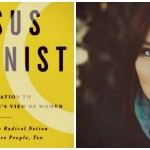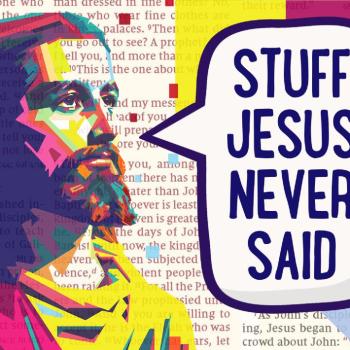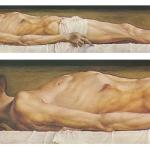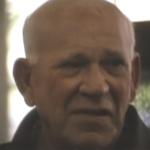All this week, the writers of Christ and Pop Culture unveil their 25 most loved things of 2013.
Previous #21: The Mindy Project (FOX)
#20: Mad Men (AMC)
Thank God (spoilers ahead, obviously): by the end of season 6, Don Draper has had his Hershey moment.
Some of my fondest childhood memories are of our family’s yearly summer trip to Hershey Park, a mere two hours from our central Pennsylvania home. One of our many traditions associated with the trip was to ride the Chocolate World tour ride when we first arrived to the park, just before the main gates opened. The song that plays as you leave the tour—or at least the version that I remember—goes something like this: “Hershey Park happy, Hershey Park glad!—so many things to see and do!—Good times to be had!”
We’ve come to expect our Mad Men seasons to end in horrifying ways, and this sixth season seemed on track to culminate in more suicide, more sexual destruction, more alcoholism, more death . . . more hopelessness. Bad times to be had!
But SC&P’s split with Don at the end of the latest season wasn’t this. It wasn’t the latest gravestone in their culture of death.
Noticeably, the latest season was about children. At different points, it was about Michael Ginsberg and his father, about Joan and her young boy Kevin, about Roger Sterling and his daughter, about the Rosens and their son, about Frank Gleason and his daughter, about Don and Bobby, about Ted and his kids, about Pete and his mother, and, perhaps in a way that sums up all of these interweaving scenarios, it was about Peggy’s and Pete’s child, who while never on screen–never central to the scene of their lives–was unavoidably ever-present nonetheless.
Most significantly, though, this past season was about Don and Sally, for she has now seen who her father is, and in happening upon his affair with Sylvia, understood his absence in her life. Don, who has always thought he could keep his life’s tragic ugliness a secret, has been made visible in the most humbling way, and it’s a shock to the system that he can barely handle.
Things truly unravel in the season finale when Don crafts a tall tale for some potential Hershey clients about how Hershey’s is “the symbol of affection . . . the childhood symbol of love.” However, hands trembling, Don breaks down and finally reveals his past as an orphan—not at Hershey’s orphan house—but at a Pennsylvania whore house. He dreamt of a better life in which he was wanted. The closest he ever came to feeling wanted was a prostitute who would have Don go through her patron’s pockets in search of money. If he got a dollar, he’d get a Hershey bar.
“I would eat it alone . . . in my room . . . with great ceremony. Feeling like a normal kid. It said ‘sweet’ on the package. It was the only sweet thing in my life.”
In the final scene of the season–one that’s as functionally confessional as the Hershey meeting–Don takes his kids to see the whore house in which he grew up. They pull up to the house as Don tells them the story of a man named Hershey. Don and Sally share a knowing glimpse. Don’s Hershey moment, coupled with taking his children to see the former life of Dick Whitman, is confessional in the sense that he’s telling the truth about himself–he’s being present to them. And in one of the biggest surprises of 2013 television, there’s the slightest hope that Don’s story might end with him happy and glad—good times to be had.
Suggested Reading:
The Kiddy Pool: Mad Men, Downton Abbey, and the Oldest Profession
Mad Men Recap 6.12 & 13: There’s a Good Man in that Homesick Monster
Next #19: Feminism















